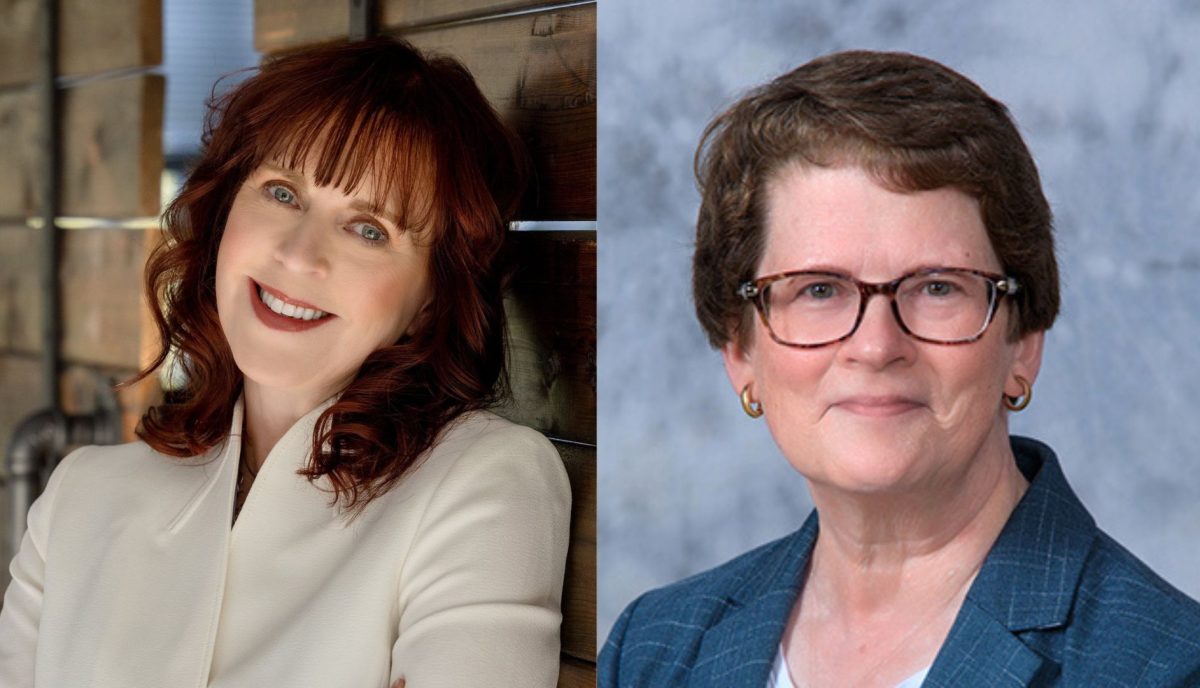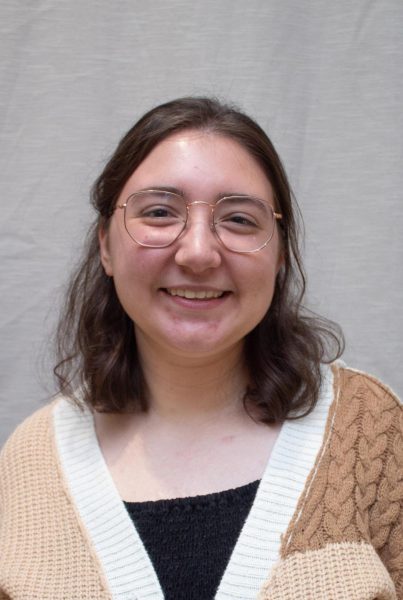President Rhonda Phillips left Chatham at the end of May to pursue a new position as president of St. Mary’s College of Maryland, the National Public Honors College. Dr. Lisa Lambert, the provost and vice president of academic affairs, will begin the process of taking over as interim University president this month.
Board of Trustees Chair Kent McElhattan announced the leadership change in an email to the Chatham community in April.
President Phillips’s decision
Some Chatham students were surprised to receive the news of President Phillips’ departure.
“I was shocked,” Vicky Streeton ‘27 said. “She had only been here for two years. … I thought she would be here longer than she was.”
Phillips had not initially planned on leaving Chatham. A colleague had nominated her for the position at St. Mary’s College, which led her to consider the position.
Additionally, the 2024-2025 academic year marks the end of Chatham RENEW, Phillips’s two-year strategic plan to combat the $10-12 million deficit and University-wide reorganization that was announced when Phillips first took office. The end of the RENEW plan gave Phillips leeway to consider the position at St. Mary’s.
“When a leader comes in a crisis situation, you get [the university] stabilized,” Phillips said.
She said that Chatham’s state has improved since she took on the position.
“This is a time to keep moving forward, and I believe [Lambert] would be great for that.”
The transition process
The Board heavily considered Lambert’s long tenure at Chatham when it was looking to fill the position.
“Even during transitional periods, we need leadership,” said McElhattan. “You’re not going to find anybody who’s been more loyal or committed, done more for Chatham over the past 40 years than Lisa Lambert.”
Plans have not been put in place as to whether or not an open search will be held, but McElhattan is hoping that Lambert will become the next official president.
“It’s not a plan, but it’s a hope,” McElhattan said. “Headhunter search firms would be coming after [Lambert] as the potential president for hundreds of other colleges. She’s right here with us.”
Typically, universities hire headhunting firms to find candidates. Headhunters are people hired by companies to find candidates who are qualified for a specific job, according to Investopedia. In higher education, headhunters are often brought on to find positions such as president or provost.
An Inside HigherEd article estimated costs of around $101,607 at 4-year public institutions to hire these types of firms. Chatham would then gather students, faculty and other constituents from across the University to approve candidates and select the best fit for the next president, according to McElhattan.
“So, my hope is we don’t have to go through the presidential search, that it’ll be pretty much unanimous,” said McElhattan.
Looking forward
As Lambert moves to fill Phillips’s role, she plans to continue several key initiatives started under the Phillips administration and the RENEW plan.
“My goal is to ‘keep the ship on course’ and provide support and leadership for the Chatham community,” Lambert said in an email interview. “I’ll be working closely with the Office of Advancement to follow up on the success of our recent Day of Giving, campaign planning, and other in-progress and planned initiatives.”
Both McElhattan and Lambert said that improving University-wide communication would also be a priority, a hope that Dean of the School of Business & Enterprise Dr. Deborah DeLong echoed.
“There’s still a little bit of a divide between the decision makers and then the rest of us who are affected by the decision-making, and I think we’re doing better, but I think it would be nice if we still worked on that,” DeLong said. “There used to be quite a bit of interaction between faculty and staff and the board, and it would be nice if we brought that back.”
DeLong said too that she thinks Lambert might be more inclined to make those communication channels available to everyone.
As the administrations change, some students are looking to areas of growth and change for the next president, especially when it comes to administration-student dialogue.
“I don’t want to discount anyone from the opportunities that the school provides, but I feel like there are some groups on campus that are just not recognized as much as others,” Streeton said. “I think with a smaller school like us, more attention to detail can be put in, and I think it would be a nice thing for us to be heard.”




Riley Brubaker • Jun 3, 2025 at 11:06 am
Surprising read, but you did an incredible job Bella! Always a treat to check the communiqué site 🙂